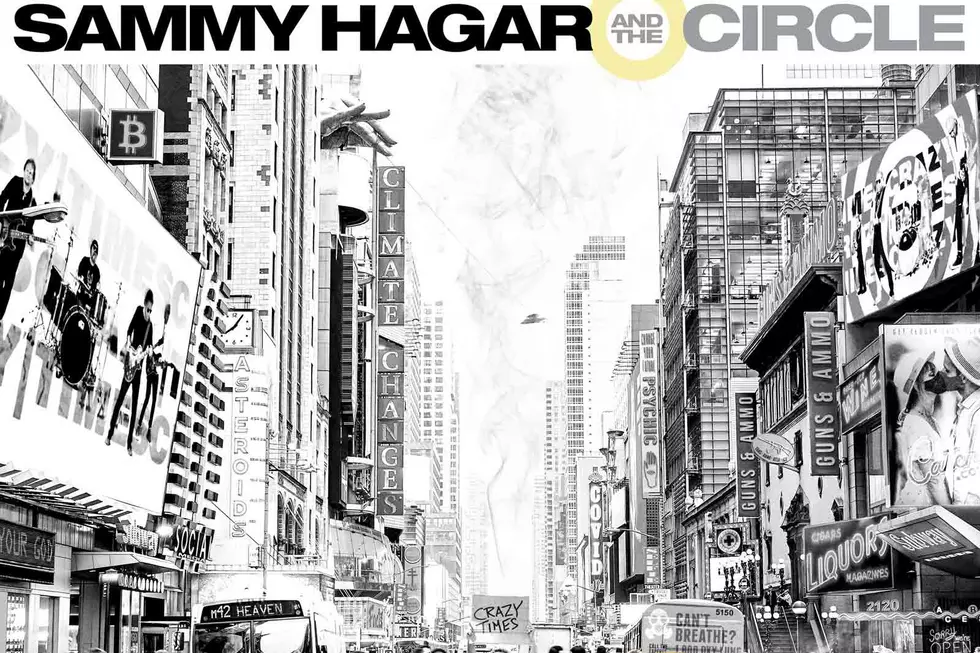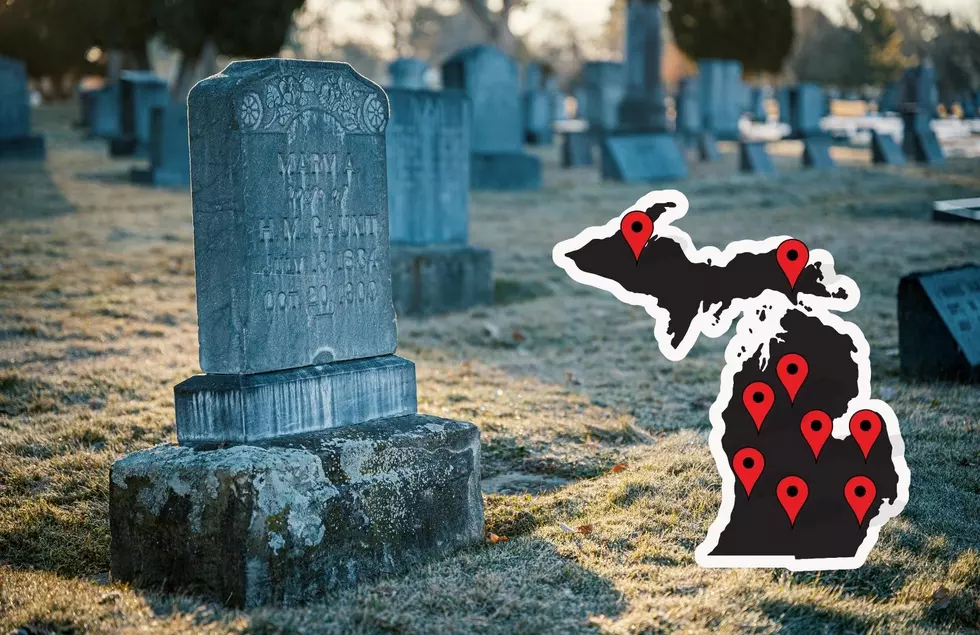
Sammy Hagar and the Circle, ‘Crazy Times': Album Review
The line separating classic rock and modern country music became thinner years ago, so it hardly comes as a surprise when artists make the jump between genres nowadays. Whether it's country singers name-dropping '70s and '80s acts, paring up or covering those same artists, or flat-out copying the timeless riffs and songwriting of those eras, there's way more to the country/rock crossover than Eagles.
Producer Dave Cobb's credits include some of country music's best contemporary practitioners, like Jason Isbell and Sturgill Simpson, further blurring the divide with his direct and sap-free studio manner. He said he went into the second studio album by Sammy Hagar and the Circle, Crazy Times, to make "the definitive Sammy Hagar record." Whether or not that's even possible four decades into the Red Rocker's career is debatable, but Cobb strips away some of the baggage Hagar has been carrying to make one of his most satisfying albums in years.
Still, this is a Hagar record – with support from former Van Halen bandmate Michael Anthony, son-of-a-legend drummer Jason Bonham and guitarist Vic Johnson – so the results vary. Nobody expects the guy behind "I Can't Drive 55" to get too deep, and he doesn't. Crazy Times, in a way, is a pandemic album, or at least one informed by living in a time that's still trying to make sense of the past couple of years. Of course, these "crazy times" stretch back a bit further than COVID, and Hagar addresses that in a roundabout, uncommitted way, too.
Mostly though he plays rock 'n' roll that doesn't sound all that removed from the era that treated him best, the '80s. Still, he traverses the decades, dipping into Elvis Costello's late-'70s catalog for a volume-enhanced "Pump It Up" and making some concessions to modern-day technology in the buzzing "Crazy Times." He even pushes the heaviness in both his voice and the music toward '90s grunge in the tough opener "Slow Drain" (as in "Watching the world go down ... ").
Cobb's job here is to reign in Hagar's most base instincts, and for the most part, he succeeds. ("Funky Feng Shui" is as groan-worthy as its title, and the throwaway Costello cover would be better as a B-side.) "You Get What You Pay For" is about as close as Hagar has come to his Van Halen days since he left the band, and Crazy Times' title track makes good use of Cobb's gravel-strewn association with country outlaw Chris Stapleton. The only times the producer draws Hagar into his world are in the simpler-times recollection "Be Still" and the slow-building "Father Time." Is Crazy Times the definitive Hagar album Cobb set out to make? Not really. But he hasn't sounded this good since the 20th century ended.
The Best Song From Every Sammy Hagar Album
More From US 103.1 FM









